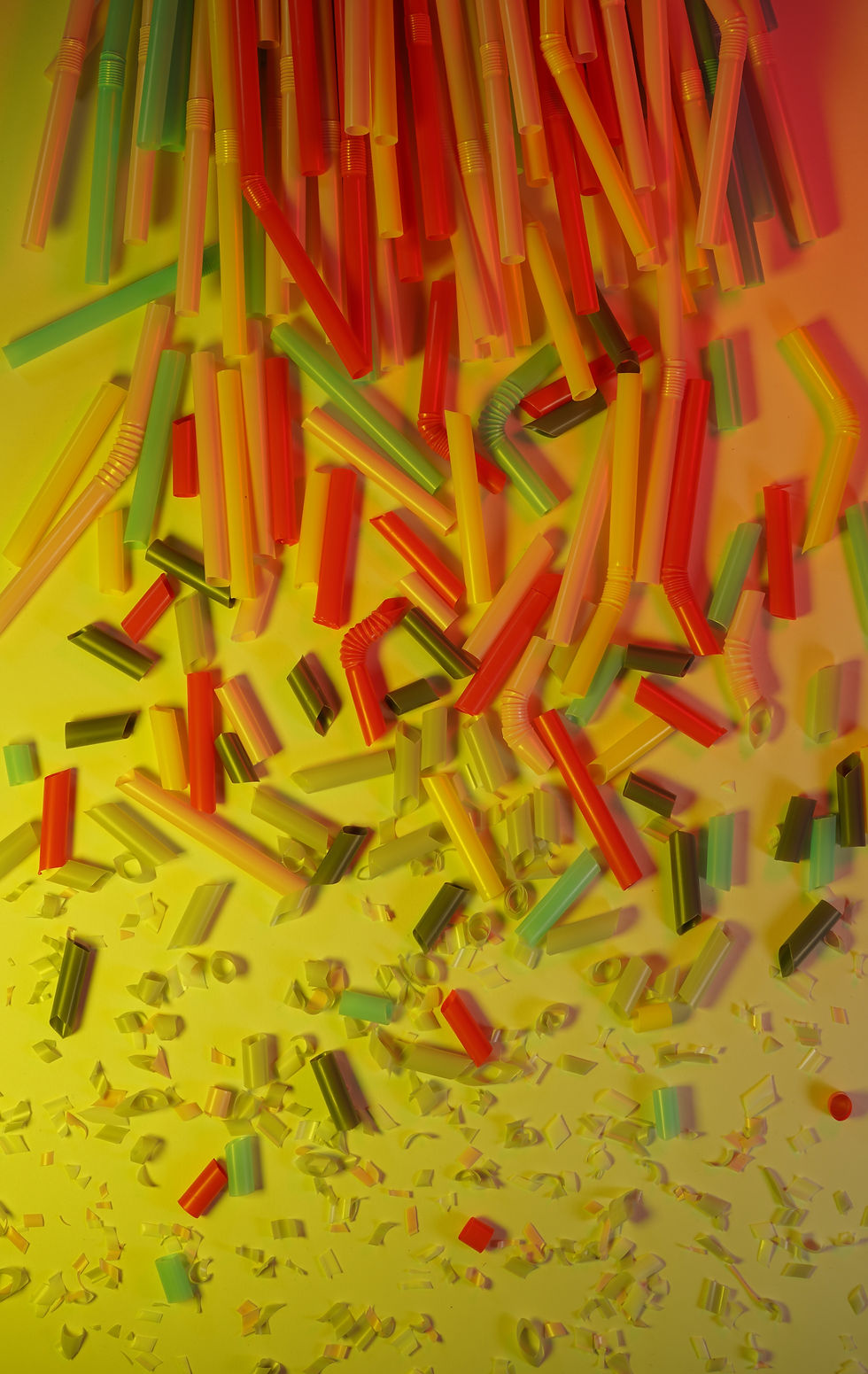Sustainable Yields, Smart Solutions
- claudiaavlis45
- Jan 13
- 2 min read
Agriculture, a cornerstone of human civilization, is undergoing a dramatic transformation driven by artificial intelligence (AI). Precision agriculture, which leverages data and advanced technologies to optimize every stage of the production process, is emerging as the new frontier of sustainable farming.
What is Precision Agriculture?
Precision agriculture is an approach that treats each part of a field as an individual unit, enabling the precise application of inputs such as water, fertilizers, and pesticides. Unlike traditional methods, which adopt a uniform approach across the entire field, precision agriculture optimizes resource utilization, reducing costs and environmental impacts.
The Role of AI in Precision Agriculture
Artificial intelligence is the driving force behind precision agriculture. Through complex algorithms, AI can analyze vast amounts of data from various sources, such as sensors, satellite imagery, and drones. This analysis enables the identification of patterns and trends that would be impossible to detect through human observation.
Applications of AI in Precision Agriculture
Crop Monitoring:
Satellite and drone imagery: Provides detailed information on crop health, vegetation indices, and the detection of pests and diseases.
Image analysis: Computer vision algorithms identify plant problems with high accuracy, allowing for timely interventions.
Irrigation Optimization:
Soil moisture sensors: Monitor soil conditions in real-time, enabling the precise adjustment of water application to prevent waste and erosion.
Water demand forecasting: Predictive models estimate crop water requirements, optimizing water usage.
Nutrient Management:
Soil analysis: Soil fertility maps enable the targeted application of fertilizers, minimizing nutrient runoff and reducing environmental impacts.
Plant nutrition: Sensors monitor plant nutrient levels, allowing for the application of specific nutrients when needed.
Yield Prediction:
Predictive models: Utilize historical data and real-time information to forecast crop yields, aiding in planning and logistics.
Breed Development:
Genetics: AI can identify genes associated with desirable traits, such as pest resistance and drought tolerance, accelerating the development of improved crop varieties.
Benefits of Precision Agriculture
Increased Productivity: Optimized resource use and early detection of problems lead to higher crop yields.
Reduced Costs: Precise application of inputs reduces production costs.
Lower Environmental Impact: Reduced use of water, fertilizers, and pesticides minimizes pollution and preserves natural resources.
Conservation of Biodiversity: More sustainable farming practices contribute to biodiversity conservation and ecosystem health.
Challenges and Opportunities
The implementation of precision agriculture faces challenges such as the need for adequate infrastructure, access to quality data, and farmer training. However, the opportunities are immense. AI has the potential to transform agriculture into a more sustainable, efficient, and profitable sector.
Conclusion
Precision agriculture, driven by artificial intelligence, represents a paradigm shift in farming. By optimizing resource use and minimizing environmental impact, this technology contributes to a more sustainable and secure future for all. However, the successful implementation of precision agriculture requires a concerted effort from governments, farmers, and technology providers.









Comments